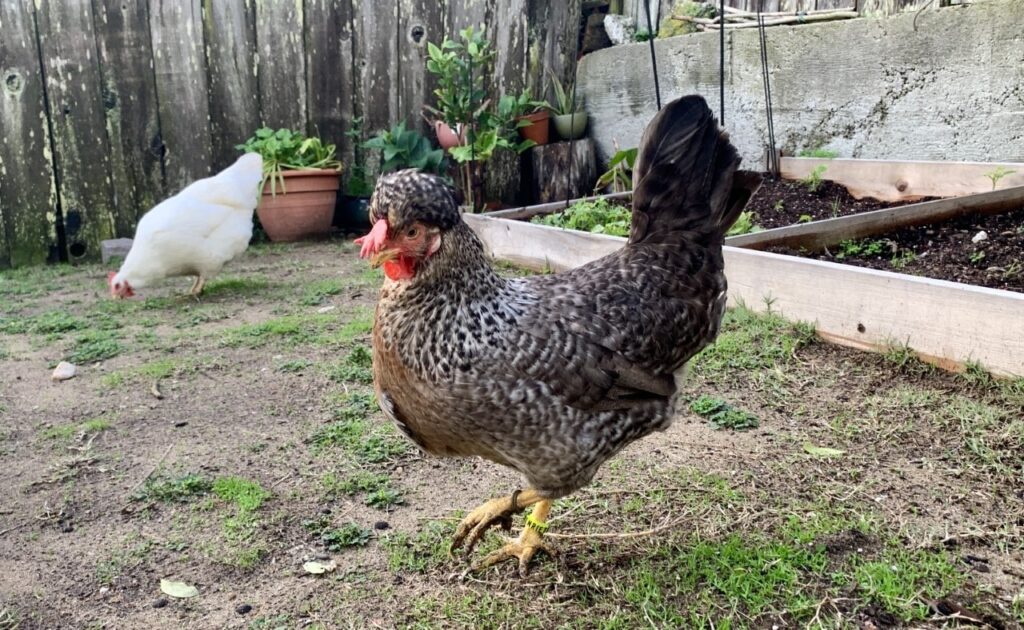
By Zahra Hirji | Bloomberg
At the end of 2022, something strange happened in the US egg market: On a per-unit basis, consumer prices for plant-based eggs fell below those for chicken eggs. While the phenomenon is likely temporary, it is undeniable evidence that at least one corner of the plant-based food market can be cost-competitive. And consumers seem to have noticed — plant-based egg sales rose over the same period.
Average US prices for chicken-laid eggs, which industry experts refer to as “shell eggs,” rose 51% last year, according to data firm IRI, with an average per-unit price of $4.17. (A unit can refer to a carton of six, 12 or 18 eggs.) In the same 52-week period, per-unit prices for plant-based eggs averaged $4.43.
But in the final 12 weeks of the year, things shifted. Shell egg prices were up 81% compared to that same period in 2021, for an average per-unit price of $5.24. Prices for plant-based eggs, meanwhile, dropped a bit — averaging $4.42. That made plant-based eggs “almost $1 dollar cheaper on a unit basis,” says John Crawford, IRI’s vice president of client insights for dairy, who described the increase in the price of chicken eggs as “ridiculously high.” The number of shell eggs sold by unit fell during the fourth quarter of 2022 compared with a year earlier, while sales of liquid plant-based eggs by unit went up.
RELATED: 6 animal-friendly alternatives to eggs
That’s good news for environmental experts. The food system is responsible for roughly a third of global emissions, thanks in large part to the land it takes to raise and feed animals for meat and dairy products, and requires a ton of water. But where two of the biggest players in the plant-based food world — Beyond Meat Inc. and Impossible Foods Inc. — have struggled to gain market share against traditional meat, the vegan egg market is having more luck.
Much of that has to do with chaos in the rest of the egg world. The skyrocketing price of shell eggs is attributable to the double whammy of inflation and an avian flu that is impacting millions of egg-laying birds, says Crawford.
For now, the market for plant-based eggs remains minuscule — $30 million in the US, where vegan eggs make up roughly 8.5% of all liquid egg sales, but only 0.13% of total egg sales. Some 99% of sales in the liquid plant-based egg category are of a single brand: Just Egg, made by San Francisco -based startup Eat Just Inc.
RELATED: FDA says Berkeley company’s lab-grown meat is OK for human consumption
“We’ve invested a lot of time and energy in making our products better, expanding distribution in retail and foodservice and working to introduce millions of new people to the idea that an egg can come from a plant,” says Eat Just Chief Executive Officer Josh Tetrick. “All of it is driving growth and it’s being amplified at this moment in time.”
Related Articles
Global food prices hit record highs in 2022
New Year’s food traditions around the world
Eat Just uses mung beans as the base for Just Egg, which has been available in the US since 2019. The consumer cost for one 12-oz. Just Egg container, equivalent to about eight real eggs, was nearing $8 as recently as late 2019, more than 1.5 times the price tag at the end of 2022. Eat Just says sales of Just Egg products at grocery stores, natural food stores and mass retailers grew 17% over the 52-week period ending Dec. 3, 2022.
As the soaring price of shell eggs gives plant-based alternatives a temporary boost, Eat Just is leaning into the moment. On Sunday, the company ran a full-page in the New York Times noting: “Plants don’t get the flu.” The company also pitches its product as cholesterol-free eggs, and eggs that are better for the environment. Eat Just estimates that it has saved 10.9 billion gallons of water and 16,135 acres of land use since launching, by making eggs from plants instead of chickens. It also estimates avoiding emissions of 52.3 million kilograms of carbon dioxide equivalent, akin to taking more than 11,000 cars off the road for a year.
RELATED: Oakland tofu maker Hodo brings new competition to fake-egg market
More stories like this are available on bloomberg.com
©2023 Bloomberg L.P.
